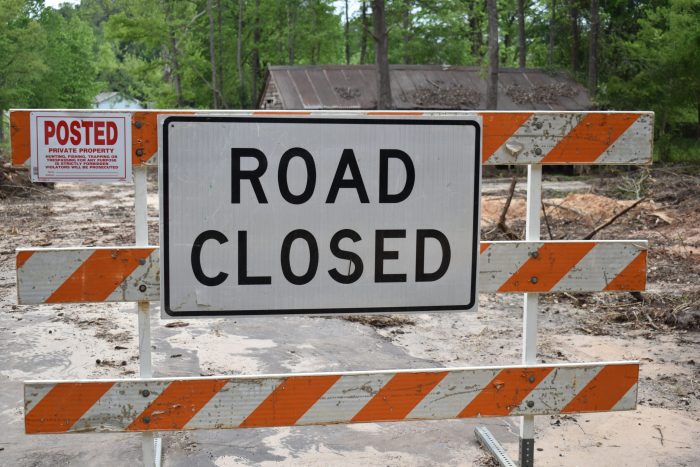My friend Heather has a monthly link up. Our little online community shares something loved, something read, something treasured, and something ahead. I rarely actually do it.
I intend to every time.
Since I want to become a person more successful with my intentions, I am going to plow through here…
And do it.
Something Loved
There really are so many things I love, even though my heart is a little grumbly lately, but one of my favorite new additions to my world is BALANCE THERAPY for my Dad.
He falls like it is his job.
We were on a grueling, but amazing, 5-week path to health when COVID hit. The thought of where we could be grieves me. Two months of staying home with very little movement are NOT good for the aging population.
We were going to start Balance Therapy locally just before everything shut down. After a bit of research, I discovered a Balance Therapy place still open an hour and twenty minutes away, so I signed him up.
It is amazing.




Miss Vanessa is a wonderful addition to my TEAM HAPPY. My Dad is absolutely getting stronger, and it has been weeks since he has fallen to the ground.
He is FATIGUED when it is over. We stop for drive-thru Western Bacon Cheeseburgers on the way home and give him his Singing Canary with double protein powder to sip while he rests when we get there.
I schedule IV Vitamin and oxygen therapy the day after to help his body recover. Just because he is 83 doesn’t mean all his best days are behind him.
Something Read
Technically, I listened to this. Gary Sinese reads the audiobook, and I Love his voice, but Steinbeck’s words from the early 1960s are so poignant in today’s world.

“I remember an old Arab in North Africa, a man whose hands never felt water. He gave me mint tea in a glass so coated with use it was opaque, but he handed me companionship, and the tea was wonderful because of it. And without any protection my teeth didn’t fall out, nor did any running sores develop. I began to formulate a new law describing the relationship of protection to despondency. A sad soul can kill you quicker, far quicker, than a germ.”
John Steinbeck, TRAVELS WITH CHARLIE
Let us each work on building not-sad-souls; in ourselves, and in those around us.
Something Treasured
This is, hands down, having my college-age daughter home. (This has nothing to do with how I feel about colleges closing–I am opposed–but love the actual result of it which has been having her home. I am in conflict here.)
All families have rough spots.
We certainly do.
But my daughter is not currently one. She gutted distance learning out. (And hated it.) She self isolated at a mobile home we are renovating after spending spring break in New York.
Even that meant she was here, and I could deliver food and go clean and enjoy her presence.
Then she came home and has been a delightful watcher of her sister while I do the necessities with my parents. (My husband is gone working on an out of state project.)
We celebrated her birthday.


(Yes, our refrigerator is in the living room. We are in the middle of a remodel…life is not as orderly as I would prefer.)
I bought her new clothes.
We are working together to train her dog, and have made incredible progress. He is becoming well behaved and trustworthy in almost all situations.
She leaves in a week to take possession of her first apartment. School won’t start until the end of summer, but in our pre-COVID days we signed the lease for June, because that assured she could get this apartment. She is moving from Champlagne College to the University of Vermont so she can switch majors. This apartment provided perfect distance between connection with her previous college and proximity to the new.
Apparently there is currently a nice selection of available jobs, as some prefer unemployment to work. She prefers work, so this is a good time for her to return.
I will miss her madly.
Something Ahead
Someday my house will be remodeled.
It will have an open floor plan with a large island and dining room. This means there will be several places to actually sit as a family and have a meal.
It will have flooring that is not wood-looking linoleum.
My daughter will have a new room and homeschool room.
In my imaginations, it will be so much easier to create a rhythm of life that helps my family to thrive in my someday-newly-remodeled home.
I can’t wait.
As COVID-19 heads into the next season of whatever it is, I CAN’T WAIT sums it up nicely.






































